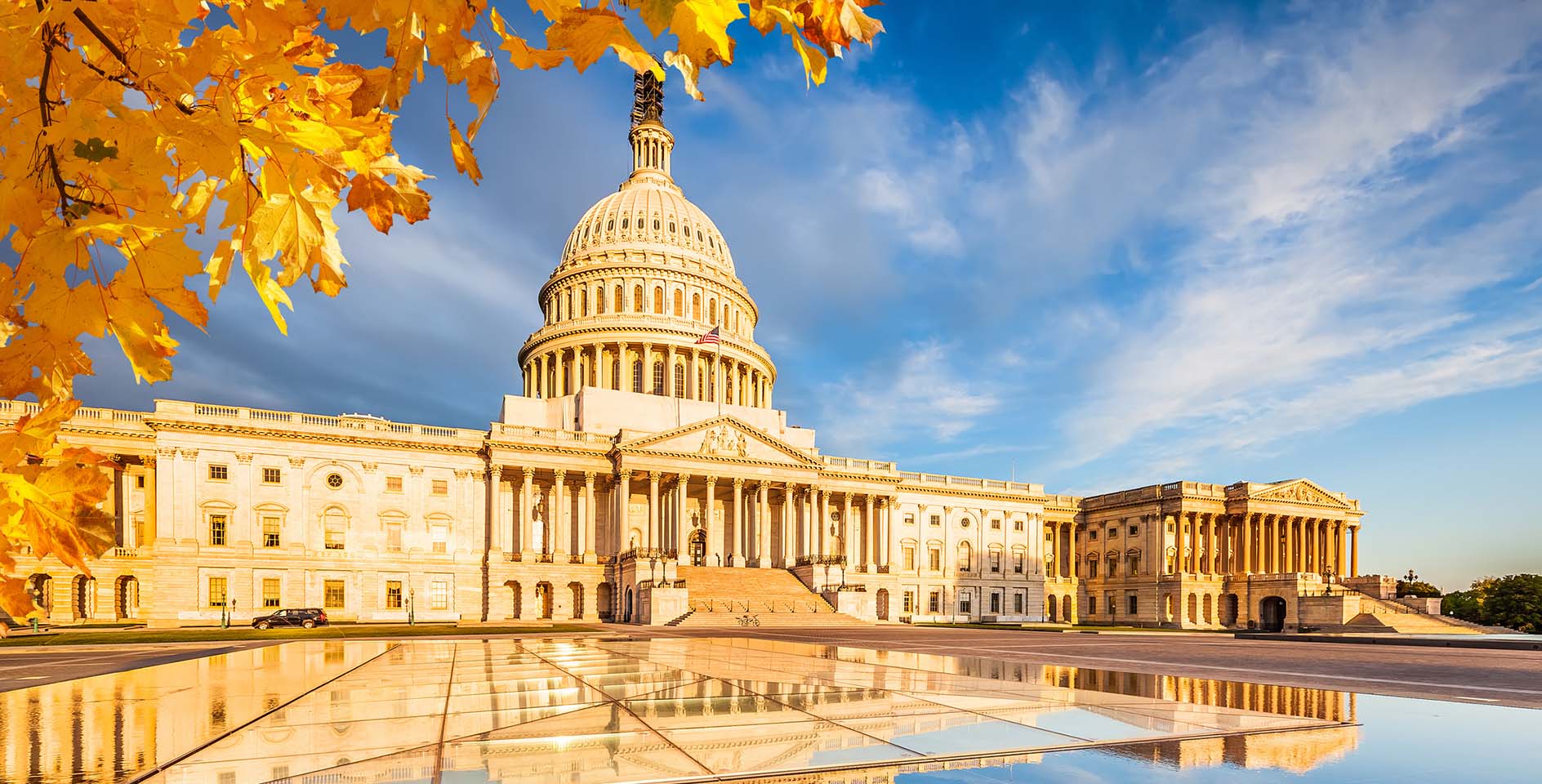There are different ways to think about religious liberty: From outside the Christian tradition and within it. In a recent article titled "The three A’s of religious liberty," I attempted to explain how ideas that undergird religious liberty are ideas that everyone understands and resonates with: Everyone worships something (adoration); everyone wants to live truthfully (authentically); and everyone has an ultimate standard for what they value (authority). These concepts are the building blocks of religious liberty.
That article focused on the commonalities that we all share around religious liberty. In this article, I want to show how Christians should use the same categories to think about religious liberty as something distinctly Christian.
Adoration: Who or what do we worship?
Adoration means to adore, to worship or venerate, or to give our highest devotion, praise and love to someone or something. Everyone adores. Whether it’s a favorite sports team, a hobby like traveling or God, everyone has something at their core that drives them; that contends for their attention and affections; and that helps anchor their lives and give it meaning.
Christians confess that the Triune God is the Lord of the universe and that the Godhead is to be worshipped. Here are some verses that explain adoration from a Christian perspective:
- Ascribe to the LORD the glory due to His name; worship the LORD in holy array (Ps. 29:2).
- Let all the earth fear the LORD; Let all the inhabitants of the world stand in awe of Him (Ps. 33:8).
- Come, let us worship and bow down, let us kneel before the LORD our Maker (Ps. 95:6).
For Christians, worship is not just a rote practice. Worship is the source of our existence, because Christians believe we are made to worship our Creator.
If someone’s liberties to find meaning in life should not be restricted, neither should the liberties that ground the ability for someone to find that same meaning in God. When understood rightly, religious liberty is directly connected to God’s glory, because to freely pursue God’s glory, it requires an ecosystem of liberty that allows people to respond to God in ways that honor and esteem Him.
Authenticity: What is true living?
Religious liberty is about authenticity because having the opportunity to act on what drives someone’s motivations ensures that someone’s deepest convictions aren’t restricted and that a person is living truthfully to one’s conscience.
In most instances concerning religion, it is through adoration or worship that people obtain a code of ethics and morality necessary for living. Everyone has a code of ethics and morality regardless of whether they consider themselves religious or not. In fact, religious liberty protects the atheist as much as the religious. Each of us has deeply held convictions and moral codes that we prioritize and use to dictate all of our actions, words and decisions. Religious liberty protects the ability of Christians to live out their convictions voluntarily and authentically. Here are some verses that explain authenticity from a Christian perspective:
- So, whether you eat or drink, or whatever you do, do all to the glory of God (1 Cor. 10:31).
- Whatever you do in word or deed, do all in the name of the Lord Jesus, giving thanks through Him to God the Father. . . . Whatever you do, do your work heartily, as for the Lord rather than for men (Col. 3:17, 23).
- Therefore I urge you, brothers, by the mercies of God, to present your bodies a living and holy sacrifice, acceptable to God, which is your spiritual service of worship. And do not be conformed to this world, but be transformed by the renewing of your mind, so that you may prove what the will of God is, that which is good and acceptable and perfect (Rom. 12:1-2).
Everything a Christian does is to originate and emanate from our source of meaning: God.
Authority: Who has ultimate judgment?
Even non-religious people believe someone, something or some ideology has ultimate say over life’s meaning. The nihilist responds that the highest authority is simply non-existence. The atheist responds that rationality is the highest authority. The hedonist pleads for pleasure’s highest authority. The Darwinist says that nature’s systems and processes are the highest authority. A North Korean citizen believes that Kim Jong-un is the highest authority.
Not all claims of authority are equal. The fact that Western civilization is in the throes of a crisis of authority indicates that people have very different ideas on what is authoritative. But still, everyone has an authority. And because society is imperfect, an era where competing claims of authority challenge one another is normal and to be expected.
The question that is hard to answer in a liberal democratic context is whether someone’s view of authority is truly ultimate. Why? Because who has the authority to say what is truly good or bad or to judge between competing understandings of right and wrong is up for debate as people reason about what is true. Here are some verses that explain authority from a Christian perspective:
- For we must all appear before the judgment seat of Christ, so that each one may receive what is due for what he has done in the body, whether good or evil (2 Cor. 5:10).
- The times of ignorance God overlooked, but now he commands all people everywhere to repent, because he has fixed a day on which he will judge the world in righteousness by a man whom he has appointed; and of this he has given assurance to all by raising him from the dead (Acts 17:30-31).
From a Christian perspective, ultimate authority is found in God. The state is not ultimate. No ideology is ultimate. Jesus Christ is ultimate. From a Christian perspective, any secondary authority (like the state) that tries to be a primary authority (like God) is mistaken.
Conclusion
The Three A’s of Religious Liberty as Christians can be summed up in Deuteronomy 10:12-13:
And now, Israel, what does the LORD your God require of you, but to fear the LORD your God, to walk in all his ways, to love him, to serve the LORD your God with all your heart and with all your soul, and to keep the commandments and statutes of the LORD, which I am commanding you today for your good (Deut. 10:12-13)?
In this verse, we see God possess authority over us by requiring something of us because of his ultimate power to command; God requires our adoration to love and serve him; and God desires us to do this in authentic form with our entire self (our heart and soul).
Christians desire to worship God. Christians desire to bring their worship into every corner of their lives. And Christians give God the highest place of authority. These basic truths form the backbone of why religious liberty ought to matter to Christians.










